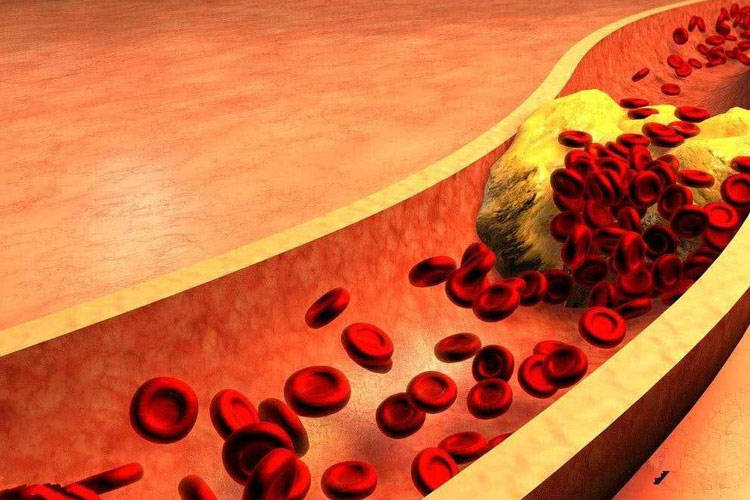Some people have noticed that drinking high-concentration hydrogen water quickly and prone to dizziness. It is estimated that the hydrogen water causes the blood hydrogen level to rise rapidly, causing the oxygen transport to be temporarily inhibited (whether the hydrogen in the blood affects the oxygen transport efficiency really needs to be studied).
First recall the concept of blood circulation in junior high school physiology. The ingestion of volatile substances through the digestive tract first passes through the portal vein, the right heart and then the pulmonary artery into the lung tissue. The hydrogen in the blood diffuses from the blood vessels in the lungs into the alveoli. This process can cause the hydrogen concentration in the alveoli to increase rapidly, and the oxygen concentration Relatively down. After inhalation, hydrogen enters the alveoli, and oxygen enters at the same time. This process will not cause the partial pressure of oxygen in the alveoli to drop.Therefore, inhalation and drinking of hydrogen water cause different effects on the absorption of oxygen in the blood. Of course, if you drink xenon water with higher solubility, it should produce a stronger hypoxic reaction. Drinking strong alcohol should have a similar effect. But drinking carbon dioxide water (Cola) will not have a significant effect, because there is already a lot of carbon dioxide in the blood, even if it is increased a little, it will not affect too much.
 After drinking hydrogen water, the plasma hydrogen concentration will have a transient (5-15 minutes) peak concentration. This concentration level is dose-dependent, that is, the higher the hydrogen water concentration and the larger the volume, the higher the plasma hydrogen concentration peak. .
After drinking hydrogen water, the plasma hydrogen concentration will have a transient (5-15 minutes) peak concentration. This concentration level is dose-dependent, that is, the higher the hydrogen water concentration and the larger the volume, the higher the plasma hydrogen concentration peak. .
After drinking hydrogen water, hydrogen first enters the veins of the digestive tract, then enters the right ventricle through the portal vein of the liver, and then enters the lungs. The hydrogen in the blood around the alveoli will be quickly released to the alveoli, resulting in a rapid increase in the partial pressure of hydrogen in the alveoli, and the partial pressure of oxygen or nitrogen. It is rapidly diluted by the sudden appearance of hydrogen, and the partial pressure of oxygen drops and a hypoxic reaction occurs. To verify this hypothesis, it is possible to determine whether the blood oxygen saturation drops temporarily after drinking a large amount of hydrogen water. If this drop is related to drinking hydrogen water, this hypothesis can be proved. Other similar gases such as helium, argon, nitrogen, methane, etc. can also be used for verification.
Although drinking hydrogen water may cause a transient drop in blood oxygen partial pressure, the reaction produced by this drop is different. Generally speaking, the better the body, the stronger the reaction. This may be due to the high blood circulation efficiency of people with good health, which leads to a fast hydrogen inhalation rate and a higher peak hydrogen concentration in the blood, resulting in a high partial pressure of hydrogen in the alveoli and a stronger effect of oxygen dilution.
Why can't I feel dizzy after inhaling hydrogen? Inhaling a mixture of hydrogen and oxygen does not cause hypoxia because the partial pressure of inhaled oxygen and the partial pressure of oxygen in the alveoli are not reduced. When inhaling pure hydrogen, unless a large amount of pure hydrogen is inhaled, it will generally not significantly affect the oxygen partial pressure in the alveoli, and it is less prone to hypoxic reactions than drinking hydrogen water. It needs to be emphasized that the total dose when inhaling hydrogen is generally higher than drinking hydrogen water, but the concentration of hydrogen in the blood can be very high when drinking hydrogen water, and the level can exceed most cases of hydrogen inhalation, but the hydrogen in the blood after drinking hydrogen water The duration of the high level is very short.
